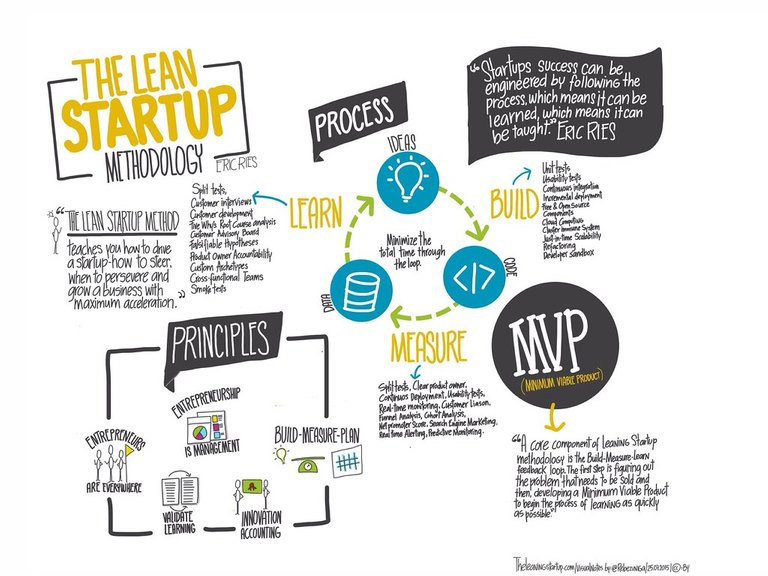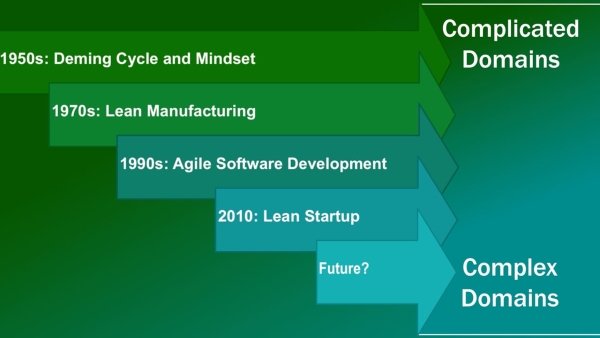In the past decades, corporations have focused on increasing their efficiency by driving down costs. But improving existing fields of business is not sufficient anymore. Every large company must understand that it also needs to attend external threats by continually innovating. This is a challenge for all established companies as it requires new organizational structures and skills. The companies and their employees need to leave their comfort zone and learn new tools in order to stay competitive in the long run.

This is where lean start-up comes into play. Proposed in 2008 by Eric Ries, the concept embraces shortening product development cycles by iteratively building products or services with a strong customer focus.
Initially, lean start-up practices were designed for young fast-growing tech companies. Now, large corporates have begun to implement them as well as they recognize the added value that combining the best of both worlds brings.
But what are the benefits for these established companies?
1. Customer validation

The old way of building the perfect product looks pretty much like this: A team of highly skilled, motivated and experienced people gets together and starts to work on a project. The idea for the project was carefully sketched and written into a comprehensive business plan. Then the team works for on the project for 6 months and builds a great product.
Sounds good, doesn’t it? Well the problem is, the end customer might not think that the product is that great. A recent study shows that in 52% of all projects, no client ever gets in touch with the development team. Especially in established companies, it is nearly impossible for employees to know evolving customer needs without talking to them. This is a huge source of failure as it doesn’t matter what you or your team think about a product – the customer decides the value of it.
2. Efficiency with investments

Okay, this seems strange as we stated before that nowadays focusing on efficiency is not enough to stay competitive. And this is absolutely true. But in order to innovate, the therefore allocated funds must be used wisely. Large companies on average spend over 100.000 USD on a project which too many times doesn’t live up to expectations and often never even gets to the customer.
The preselection of projects to be continued needs to be much more severe. This should happen as early as possible and in close contact with a real potential customer group. Failing fast and cheap is the best way of handling promising ideas that are not yet validated.
3. Mindset shift

The third and maybe most important benefit concerns the mindset within a company. Organizational culture builds a framework around the willingness and the ability to innovate and hence influences the innovation process.
73% of established companies lack a culture of innovation which means that in most organizations employees don’t feel enough support to execute innovative projects. Usually failure tolerance and the willingness to learn from failures is too low. This prevents employees from even coming up with their promising ideas. They fear to be stigmatized as “losers” as the fact that failing is actually the best way of learning is being overlooked by their company.
Members of an organization need a certain degree of freedom in their decisions to become creative. Short communication channels and open systems make it much more likely that an employee comes forward and eventually follows up on his or her bright ideas. Leadership also plays an important role in that regard. As a supervisor you must be a role model for that change you want to see in your team.

Hello mirkosche,
@SteemEngineTeam would like to take the time to thank you for signing up and participating in our community. Your contributions and support are important to us and we hope you will continue to use our platform.
We plan to give back to our community members, so have an upvote on us
Thank you.